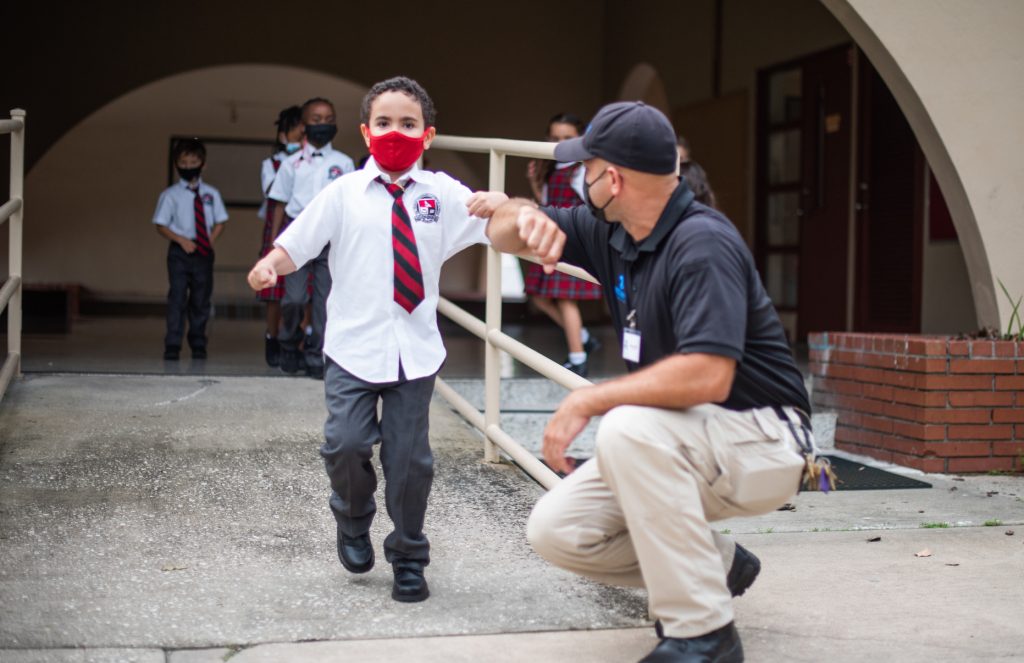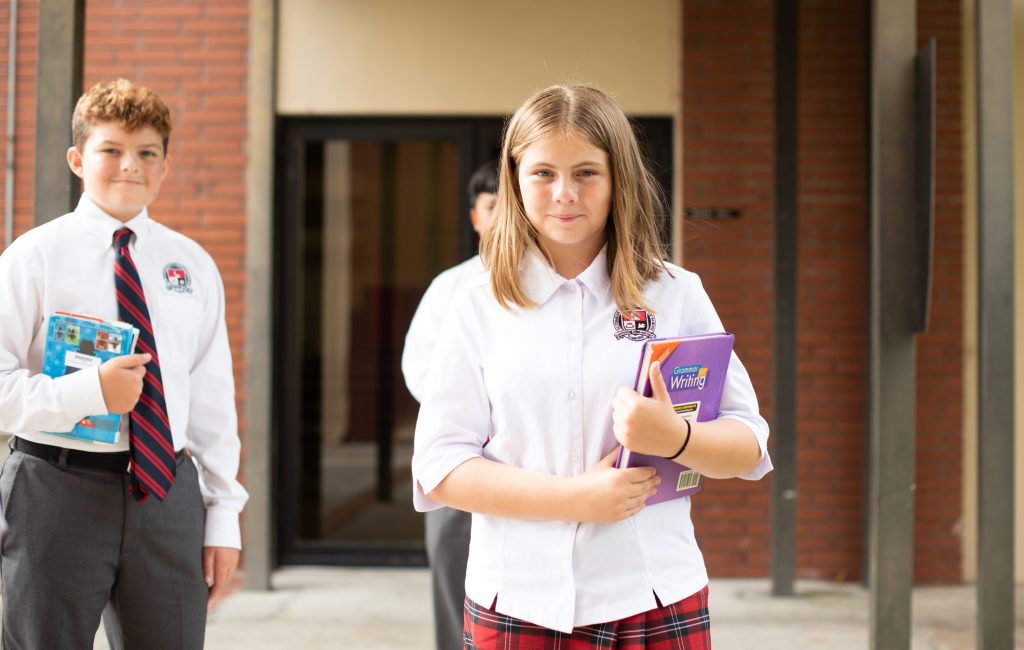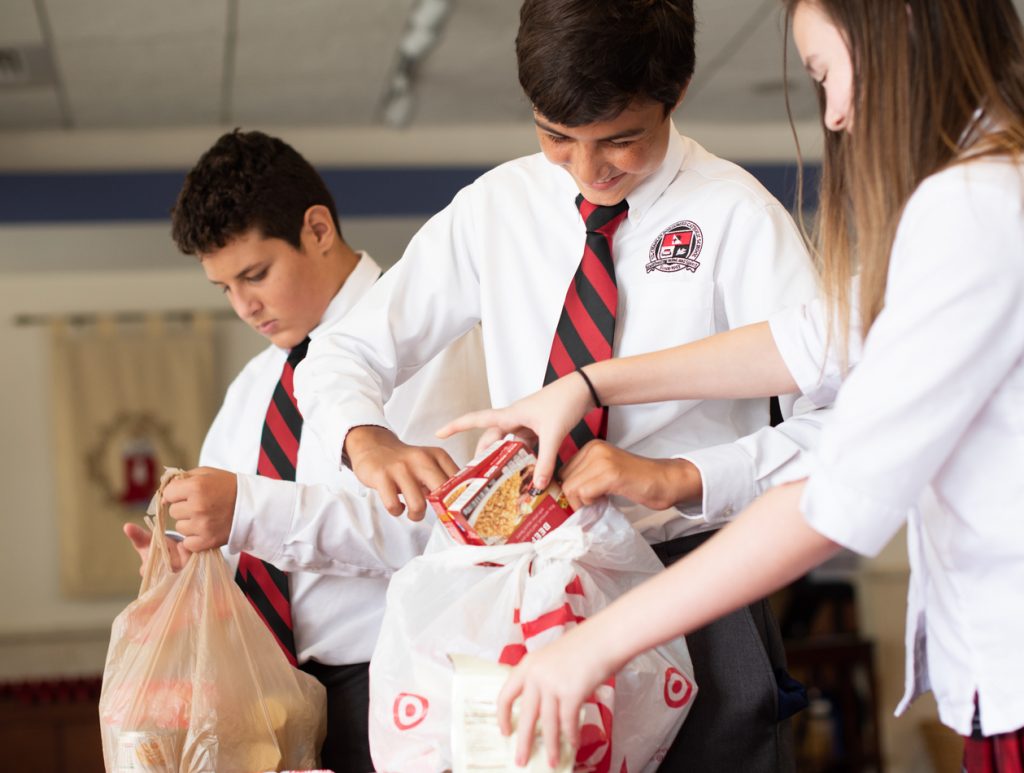
Long, boring, devoid-of-treats: these are a few words a child might use to describe the Lenten season, at least until it leads to the inevitable anticipation of Easter candy. Without understanding the context of Lent, your child may not find this liturgical season all that relatable. As a Catholic, you know how important Lent is, and you wish your child did, too. Here are a few ways you can make Lent more meaningful:
Start with Stories
When you tell your child they need to sacrifice something for Lent, the first question you probably hear is “why?” It’s a reasonable question, especially if they don’t know the stories behind the Lenten season. Pick out a few Bible stories that relate to Lent, including the one about how Jesus suffered leading up to his crucifixion. Stories help everyone relate to what they’re learning about, especially children.
Incorporate Journaling
Consider buying your child a Lent journal that will guide them through the season while allowing them to write down the ways the season impacts them. This is a great way to help your child feel more connected to their faith on a personal level. If you’re not looking to invest in a season-specific journal, give your child writing prompts each day that will allow them to reflect on their thoughts and experiences.
Keep Track Together
Making a sacrifice for Lent may not be appealing to your child on its own, but add in charts or calendars to help them track their progress, and suddenly they’ll be accountable and find it easier to stay on course. Keep the chart or calendar in a place that everyone in the family can see so everyone can be accountability partners. Consider having separate calendars for each person in the family to get everyone involved in the activity.
Add in Positivity
Lent can be a somber, reflective time, especially when you consider the focus on self-sacrifice. For children who may not understand the benefit of quiet reflection, this may make them feel disconnected from the meaning of the season. If your child is bummed out by the idea of giving something up yet again, consider encouraging them to pick up a new, good habit. This spin on Lent can serve the same purpose of bringing them closer to their faith without the heavy, somber feelings.
Lent is one of the most important seasons in the Catholic faith, leading up to the crucifixion and resurrection of our Lord. Our Orlando Catholic school understands the importance of this tradition. Located in the Diocese of Orlando, St. Charles Borromeo is more than just a place to learn; it’s a diverse community. Our staff is committed to proclaiming the Gospel Message of Jesus Christ. We believe in teaching the whole child and want students to love learning, helping them grow into well-rounded, contributing members of society. Learn more about us by contacting us here.



















